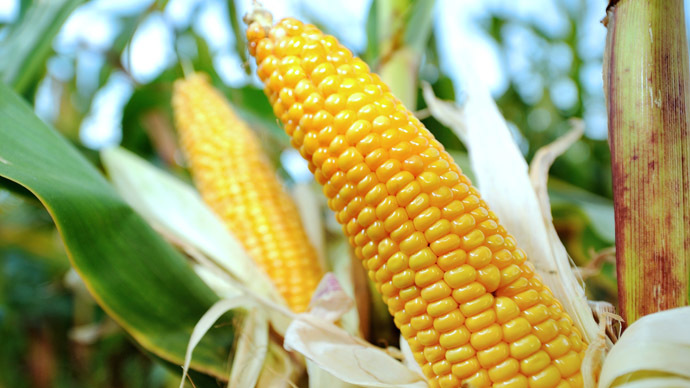Germany's GMO policy vacuum stretches on
German coalition still making decisions on GMO crop policy
* Minister wants opt-out clause on GMO crop cultivation
HAMBURG May 9 (Reuters) - Germany's policy silence on GMO crops still hangs over its near six-month old coalition, with few signs of common ground between the ruling parties.
Environment Minister Barbara Hendricks told German radio on Friday there was no agreement on the issue between her SPD party, which opposes crops with genetically-modified organisms along with the southern conservative party CSU, and Chancellor Angela Merkel's CDU, which favours them.
"Up to now we have not had a unified opinion about this in the government," Hendricks told Hamburg-based radio station NDR Info.
"But I believe we will see an opt-out rule which means that each country in the EU can decide whether it wishes to allow use of genetically-modified organisms in its own country which have been approved by the EU," she said.
Germany's indecision is in contrast to France, where parliament on Monday gave final approval to a law prohibiting the cultivation of any variety of GMO maize.
Hendricks told the radio station she personally supports the opt-out concept for GMO crop cultivation and would work with the EU in Brussels to achieve it.
She said she believed the German government would also eventually support an opt-out GMO crop policy.
Longstanding differences between EU countries on GMO policy resurfaced in February when they failed to agree whether to approve a GMO maize variety, Pioneer 1507, developed by DuPont and Dow Chemical, leaving the way open to the EU Commission to approve it for cultivation.
The debate on the future of GMO policy is continuing at EU level, with Greece, which holds the rotating EU presidency, working on a compromise with an opt-out that would allow individual countries to ban such crops. (Reporting by Michael Hogan, editing by William Hardy) Reuters


